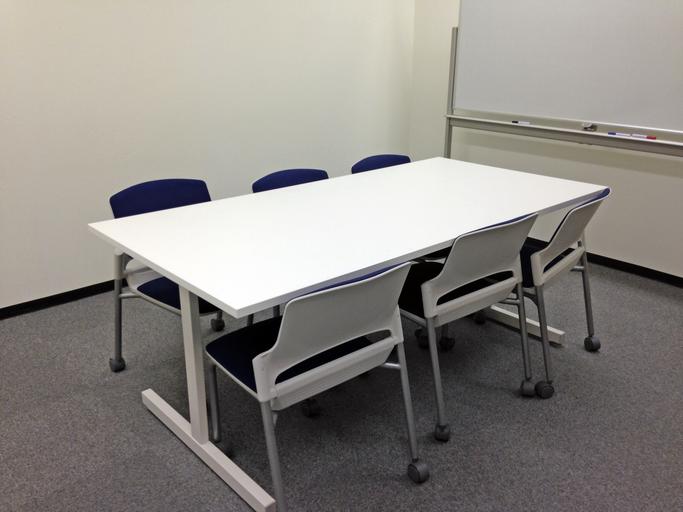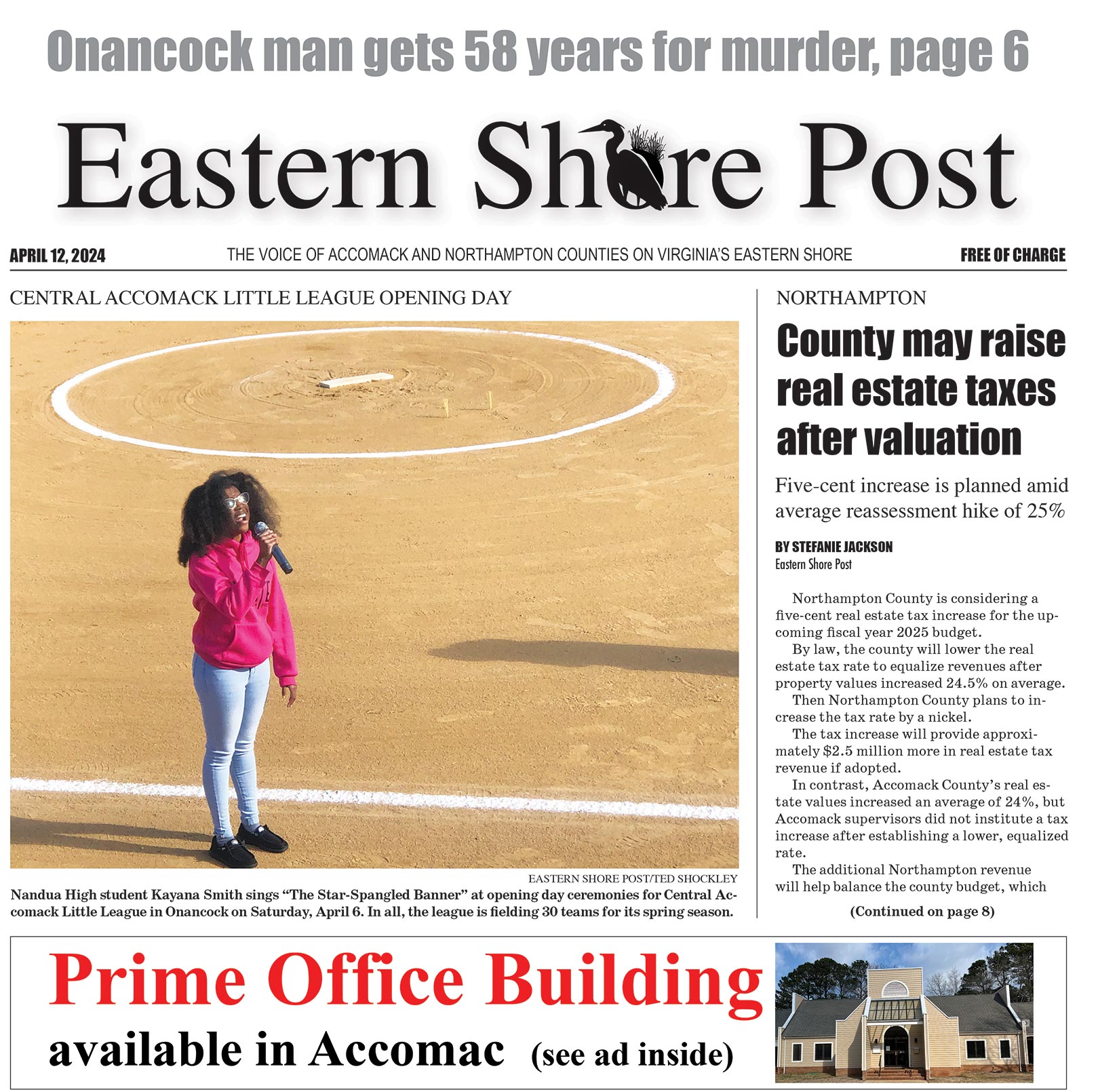By Stefanie Jackson – Northampton school board members failed to find common ground on issues at an Aug. 8 work session that left one member, Nancy Proto, “mystified” and “outraged.”
“I pretty much can guarantee you, you don’t like me on this board, you’re going to really hate me off the board,” she told her peers.
“We can’t wait,” school board member Randy Parks answered.
After the meeting, Proto apologized to a reporter for the outburst and explained she was frustrated with the school board’s reluctance to explore her ideas.
Proto, a retired school psychologist from Cape Charles, has been advocating for an alternative discipline option for Northampton schools – restorative discipline, aka restorative justice.
Restorative discipline, which emphasizes repairing broken relationships and providing appropriate consequences for actions instead of common punishments, could be used to reduce suspension rates in Northampton schools.
The school board had previously agreed that Chairman William Oakley and school board member Maxine Rasmussen would select individuals to serve on a committee that will study other Virginia school divisions’ implementation of restorative discipline and its benefits and drawbacks.
They named the new committee members, including two school board members, two assistant principals, a teacher, a parent, and a social services employee.
Proto said they made two “glaring omissions”: herself and Dr. Arthur Carter, a retired obstetrician from Nassawadox who has been a vocal advocate for restorative discipline. Proto demanded to know why she was not chosen.
“I think you can’t have an open mind,” Rasmussen said.
Rasmussen believes Proto and Carter are “too committed” to their cause to see its faults.
The school board members chosen were Rasmussen and Jo Ann Molera, of Franktown, who works in the Northampton courts as a victim and witness advocate.
Rasmussen claimed Molera, not Proto, introduced the concept of restorative justice to the school board when Molera brought copies of a book on the subject and handed them out to school board members eight or nine months ago.
Proto was also met with disagreement earlier in the meeting when she called for reform of the school board’s practices regarding Superintendent Eddie Lawrence’s annual performance evaluation.
She noted the school board was not closely following the Virginia Department of Education’s recommendations for conducting superintendent evaluations, including the use of surveys.
Proto wanted to give surveys to the central office administrators and principals who work with Lawrence on a daily basis. She did not believe her observations of him at school board meetings a couple hours at a time, a couple times per month, were adequate to fairly assess his performance.
“I don’t have a lot of faith in those kinds of surveys,” Oakley said. He was concerned a “disgruntled” employee having a “bad day” might not be “honest about what really is going on.”
Rasmussen said there are “too many personalities” in the small school division for a survey to be helpful.
Proto said administrators should have the opportunity to provide input on the superintendent’s performance. “It sends a message – if we don’t do that – that we don’t value their input.”
“What is the downside to getting the feedback?” she asked.
Proto did not believe an administrator would give the superintendent a poor evaluation because of a bad day.
“I think they are a little more professional than that,” she said.
School board member Paul Bibbins said when he was an educator and students answered surveys on his performance, he noticed students with good grades were more likely to answer positively, and students with bad grades were more likely to answer negatively.
Proto pointed out there’s a “world of difference” between students and administrators.
The school board agreed it would not vote on the survey proposal until Molera, who was absent from the Aug. 9 meeting, had the opportunity to participate in the discussion.



